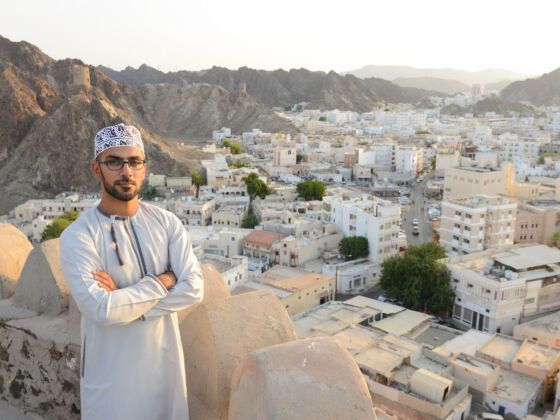1. You use your hazard lights more than your indicators.
During my five years in the Sultanate, I tried to win the hearts and minds of the Omanis with my exemplary driving — always using my turn indicators, maintaining lane discipline, stopping at stop signs, etc. It resulted in drivers speeding up behind me when I signaled, so I wouldn’t momentarily be in front of them as I attempted to pass the alfalfa or camel farmer with no particular place to go except in my way. Using turn indicator lights is actually considered a sign of weakness, and is reserved for those who need to be mindful of others.
Hazard lights, on the other hand, are very useful and should be used under any provocation — raindrops, a wedding procession, a heard of goats crossing the road, Oman winning a football match, etc. And if someone is tailgating you, just turn on the hazards and they’ll more than likely back off because they think you’re having car trouble.
